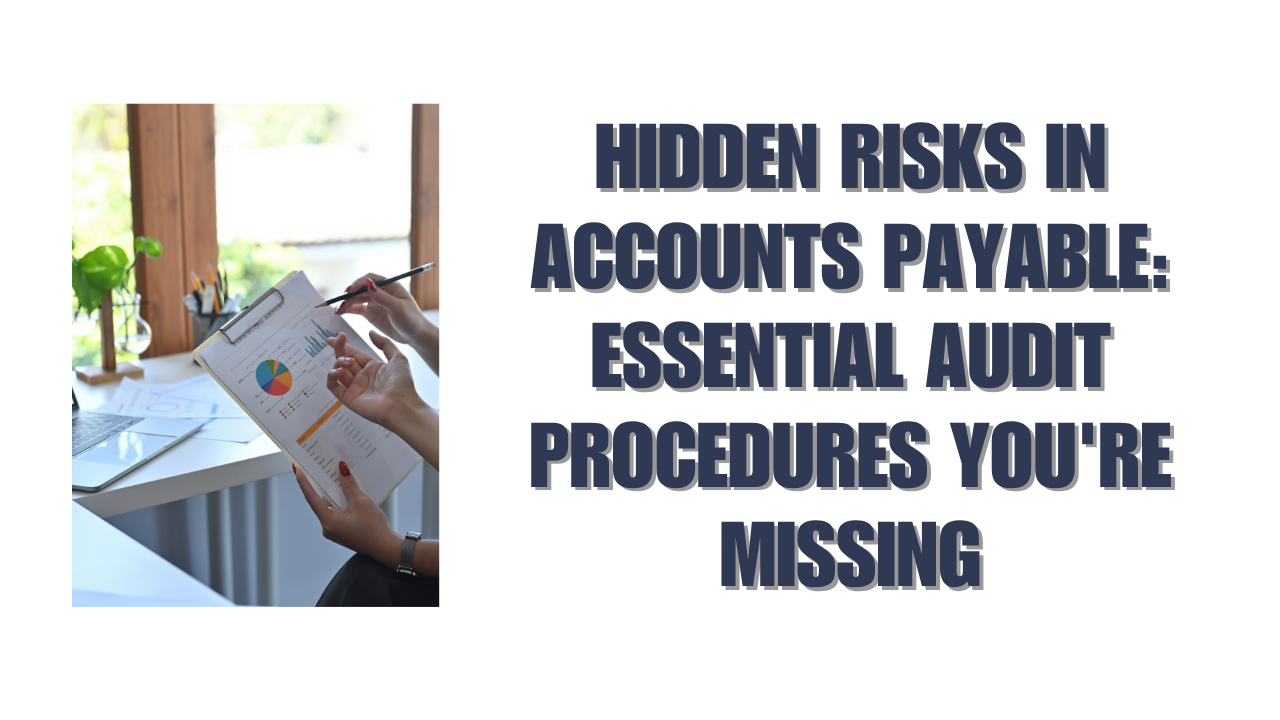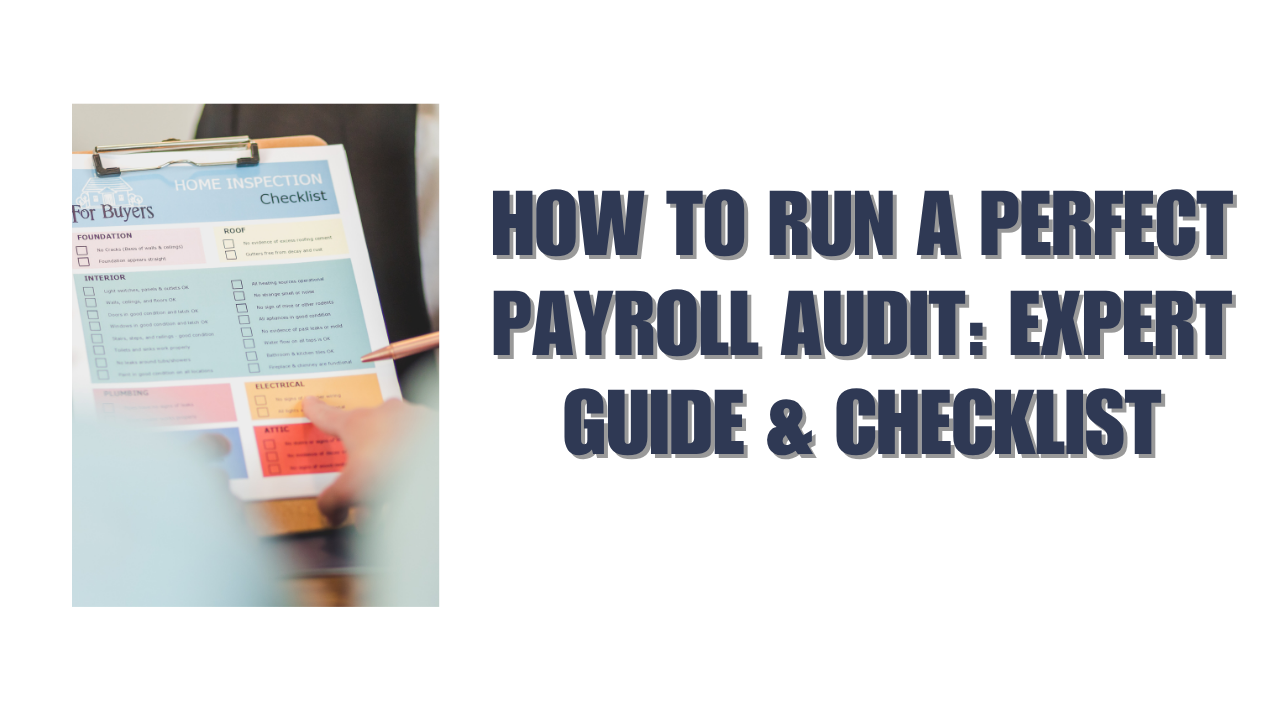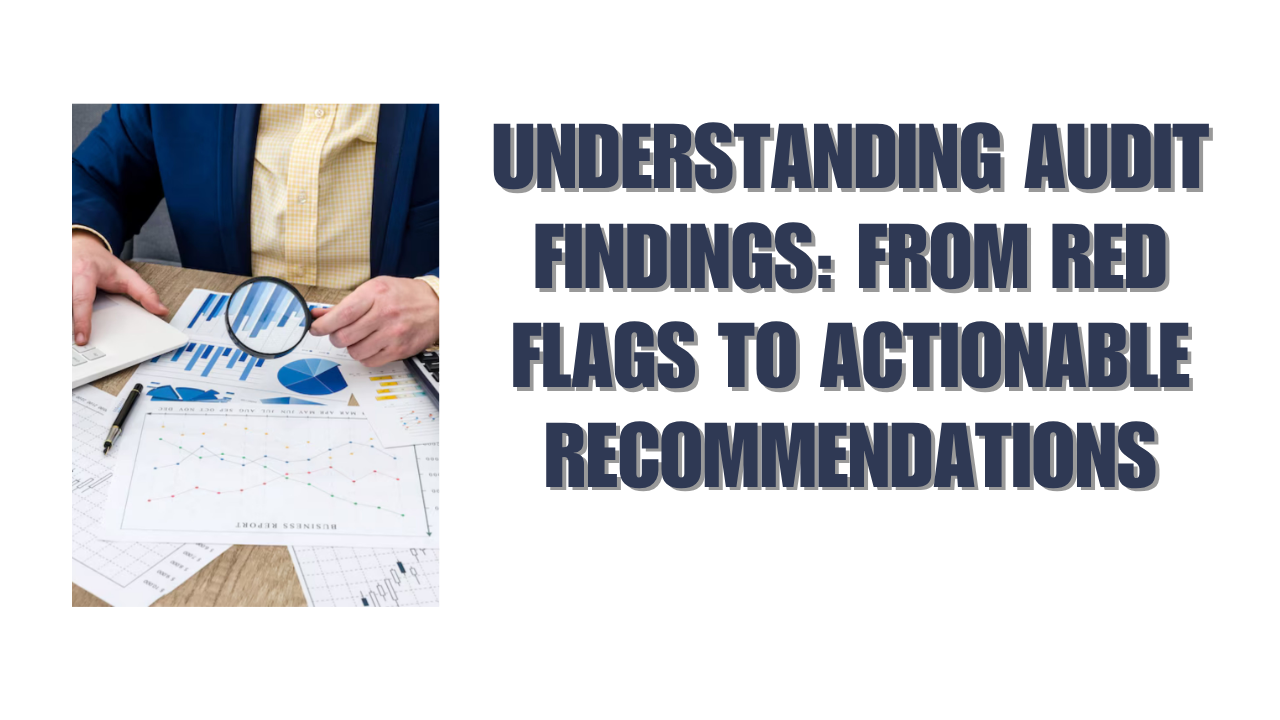The COVID-19 pandemic has reshaped how we work, making remote work compliance crucial for organizations worldwide. Even before the pandemic struck, about 4 million Americans worked from home at least half the week. This radical change has created new challenges for employers, especially in New Zealand.
Remote work compliance comes with its share of complex issues. Companies need to handle various tax requirements when their staff works from different regions. They must also follow the Health and Safety at Work Act 2015 and deal fairly with flexible working requests. The situation becomes trickier when employees work overseas for long periods. Staff members working more than 183 days in another country can trigger permanent establishment issues.
This piece outlines key solutions for New Zealand’s financial teams to fix these compliance gaps. We’ll look at setting up reliable payment systems and putting effective monitoring tools in place. You’ll also find practical ways to handle cross-border payments, tax withholding, and data protection needs.
Key Remote Work Compliance Risks
Financial teams working with remote employees face major compliance risks that need careful attention. Three key areas need immediate focus: tax residency changes, cross-border payment complexities, and data protection requirements.
Tax Residency Status Changes
Remote workers face complex challenges with tax residency status. New Zealand law states that employees become tax residents after staying for more than 183 days in any 12-month period. You become a tax resident if you have a permanent place of abode in New Zealand, no matter how long you spend abroad. Companies with overseas workers must watch these thresholds carefully because tax obligations can apply from day one.
Cross-Border Payment Issues
Cross-border payment compliance brings multiple financial duties. Companies must work with Non-Resident Contractor Tax (NRCT), Pay As You Earn (PAYE), and Fringe Benefit Tax (FBT) requirements. Non-resident employers now get a 60-day grace period to fix PAYE obligations if they’ve taken reasonable care with their employment duties. Companies must track employee locations carefully because setting up a permanent base in another jurisdiction could lead to extra tax duties.
Data Protection Violations
The Privacy Act, which started in December 2020, requires strict data protection measures for remote work. Companies must follow 13 Privacy Principles that govern how personal information is handled. This Act covers all activities in New Zealand and overseas agencies doing business locally. Companies must report serious breaches or face fines up to NZD 10,000. Remote workers need to handle sensitive data according to these rules while keeping proper security measures in place.
Setting Up Compliant Payment Systems
Resilient payment systems are the foundations of managing remote work operations well. Organizations need automated processes to handle both domestic and international payments naturally.
Automated Multi-Currency Payroll
Multi-currency payroll management needs sophisticated systems to process payments in different regions. The adult minimum wage in New Zealand will rise to USD 23.15 per hour from April 2024. Payment systems must adapt to these regulatory changes. Organizations can improve their payroll operations with centralized platforms that handle currency conversions automatically.
Automated payroll systems need these features:
- Live currency conversion tracking
- Standardized payment processes across regions
- Integrated compliance monitoring
- Automated reporting to authorities
Tax Withholding Automation
Tax withholding automation simplifies complex compliance requirements. Employers must handle Pay As You Earn (PAYE), Non-resident Contractor Tax (NRCT), and Employer Superannuation Contribution Tax (ESCT). Automated systems calculate and send these payments to relevant authorities to ensure compliance on time.
The Inland Revenue Department gives employers a 60-day grace period to correct PAYE obligations. Automated tax withholding systems are vital. These systems track employee locations, calculate appropriate withholdings and maintain proper documentation.
Organizations with remote workers in New Zealand use automated payroll solutions to manage KiwiSaver contributions, which range between 3% and 10% of gross earnings. We handled tax calculations, deductions and ensured compliance with IRD regulations.
Remote Work Compliance Monitoring Tools
Modern compliance monitoring tools are a great way to get solutions to manage remote workforce obligations. These sophisticated systems help organizations protect sensitive data and maintain regulatory adherence.
Employee Location Tracking Systems
Advanced GPS monitoring capabilities let organizations track remote workers’ locations precisely. The Tracertrak SafeWorker™ App gives real-time location data with customizable tracking intervals during work hours. Geofencing features send automatic alerts when employees enter or leave designated work zones. These systems help maintain accurate records for tax compliance and workplace safety requirements.
Real-Time Compliance Dashboards
Organizations now employ interactive dashboards that unite vital compliance information into a single view. These platforms give complete insights into:
- Financial overviews and job costing analysis
- Employee work patterns and productivity metrics
- Regulatory requirement tracking and policy management
- Audit trails and compliance documentation
Automated Alert Systems
Automated alert systems have become significant due to increasing compliance complexities. CCH iFirm and OneSumX platforms deliver immediate notifications for potential compliance violations. The systems track regulatory thresholds automatically and generate warnings before limits are reached.
SafetyCulture’s automated training feature will give teams up-to-date compliance requirements, while V-Comply offers cloud-based tracking of business compliance metrics. These tools help organizations be quick to react to compliance issues, and AMLHUB’s dashboard provides gentle reminders to keep teams ahead of obligations.
Building Remote Work Compliance Teams
Remote work compliance needs a well-laid-out team and complete training programs to work. Organizations should set up dedicated compliance teams to handle the complexities of remote work arrangements.
Required Team Roles
A reliable compliance team needs specific roles to tackle remote work challenges. The core team includes:
- Compliance Officers – responsible for understanding obligations related to legislation and regulations
- HR Specialists – manage employment documentation and flexible work arrangements
- Data Protection Officers – implement cybersecurity protocols and training
- Tax Specialists – handle cross-jurisdictional tax matters
- Health and Safety Coordinators – ensure remote workplace safety compliance
These roles collaborate to create a clear governance framework that manages risks when employees work in different jurisdictions. Team members must communicate effectively to maintain consistent compliance standards.
Training Programs
Training programs are the lifeblood of remote work compliance success. Organizations should develop complete training initiatives that cover everything in remote work compliance. New employees get pre-session and post-session activities they can complete on their own.
The training curriculum focuses on three core areas. Workplace health and safety training helps remote workers understand their obligations under the Health and Safety at Work Act 2015. Data protection training covers cybersecurity protocols, including multi-factor authentication and VPN usage. Compliance officers receive specialized training through micro-credential courses that align with financial advice provider requirements.
These programs must stay current with evolving regulations. Employers should roll out regular training updates to tackle new compliance challenges. Virtual classrooms combined with self-paced learning modules give flexibility and maintain educational effectiveness.
Conclusion
New Zealand financial teams face major hurdles with remote work compliance. The good news? Teams can tackle these challenges by putting the right controls and processes in place.
Three key areas need attention to keep things compliant. Payment systems must be resilient enough to handle multiple currencies and automate tax withholdings in different jurisdictions. Teams need immediate monitoring tools that track where employees work and show compliance status on dashboards. This helps them react quickly when issues pop up. Compliance teams need special training to keep everything in line with the rules.
Companies that focus on fixing these basics cut their compliance risks by a lot. Tax obligations become easier with automated systems. Complete monitoring tools protect sensitive data effectively. On top of that, well-laid-out compliance teams keep a close eye on complex arrangements that cross borders.
Remote work isn’t going anywhere – it’s here to stay in today’s business world. New Zealand’s financial teams must keep up with changing rules and maintain their resilient compliance systems. Success comes from mixing tech solutions with human know-how to create green remote work setups that check all the regulatory boxes.
FAQs
Q1. What are the main compliance risks for New Zealand companies with remote workers?
The primary compliance risks include changes in tax residency status, cross-border payment issues, and potential data protection violations. Companies must carefully monitor employee locations, manage tax obligations across jurisdictions, and ensure adherence to privacy regulations.
Q2. How can organizations set up compliant payment systems for remote workers?
Organizations can implement automated multi-currency payroll systems that handle currency conversions and standardize payment processes across regions. They should also use tax withholding automation to manage complex requirements like PAYE, NRCT, and KiwiSaver contributions.
Q3. What tools are available for monitoring remote work compliance?
Several tools are available, including employee location tracking systems with GPS capabilities, real-time compliance dashboards that consolidate crucial information, and automated alert systems that notify organizations of potential compliance violations or approaching regulatory thresholds.
Q4. What roles are essential in a remote work compliance team?
Key roles in a remote work compliance team include Compliance Officers, HR Specialists, Data Protection Officers, Tax Specialists, and Health and Safety Coordinators. These professionals work together to manage risks associated with employees working across different jurisdictions.
Q5. How can companies ensure their remote workers are trained in compliance matters?
Companies can develop comprehensive training programs that cover workplace health and safety, data protection, and specific compliance requirements. These programs should combine virtual classrooms with self-paced learning modules and include regular updates to address evolving regulations and new compliance challenges.





